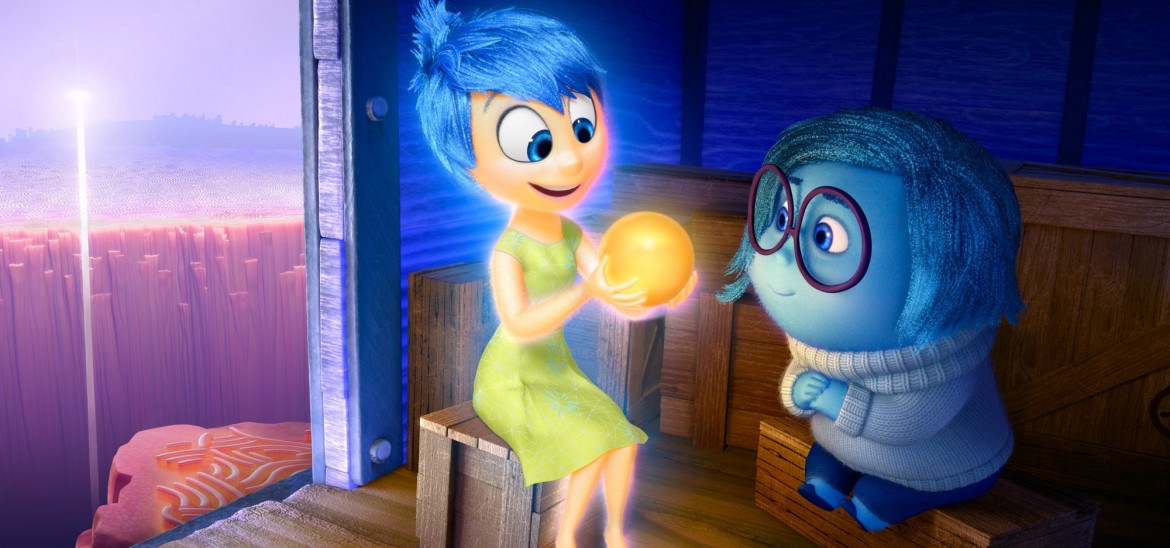Into Film Clubs
Find out everything you need to know about starting an Into Film Club.



Richard Warden is Film Lead for the Mental Health Foundation. Ahead of Mental Health Awareness Week (8 - 14 May), he talks about how film can be used to encourage young people to thrive with good mental health.
Around 50% of mental health problems have established by the time a child reaches age 14, yet 70% of children and adolescents who experience mental health problems do not get appropriate interventions at a sufficiently early age. At the Mental Health Foundation, we view the challenge ahead as two-fold: to intervene early with support for young people when they experience mental health problems, and equally importantly, to encourage good mental health in general, so that problems are less likely to develop.
As Film Lead for the Mental Health Foundation and Film Curator for the Scottish Mental Health Arts and Film Festival, I have witnessed first-hand the valuable role that film can play in supporting both aspects of this work. Film starts a conversation in a way that few other media can do. It encourages people to talk about issues that they may feel uncomfortable with, and evokes a response without having to push.
This year's theme for Mental Health Awareness Week is 'Surviving or Thriving'. Rather than ask why so many people are living with mental health problems, we'll seek to uncover why too few of us are thriving with good mental health. We'll also explore how many of us are surviving or thriving, and the difference between the two. Of particular relevance to young people will be looking at what steps we can take to look after our mental health, and build resilience to cope with life's demands.
With all of this in mind, we're delighted to be partnering with Into Film on their new Mindfulness Through Film resource. This uses a collection of film clips and related activities to help young people become more aware of their thoughts and feelings, so that instead of being overwhelmed by them, they're better equipped to cope with them.
In our screening work - in addition to highlighting films that might not otherwise be widely seen, but contain valuable messages - we also utilise better-known titles to break the ice and begin the discussion. As examples of the latter, A Beautiful Mind, Amy, Benny & Joon, Dolphin Tale, Inside Out, Love & Mercy, Silver Linings Playbook and What's Eating Gilbert Grape can all work very well.
I also urge schools to encourage pupils to participate in filmmaking. Such activity provides an opportunity for young people to have a creative voice and to contribute and feel part of something worthwhile. Filmmaking also enables them to express things that can sometimes be difficult to talk about. Our first ever Youth Perspective programme, at 2016's Scottish Mental Health Arts and Film Festival, was one of the highlights of the event, and we'll continue to offer that platform.
It seems that young people are more willing than ever to talk openly about good mental health, and we need to continue facilitating these invaluable conversations. We want to empower youth to thrive.
Viewing 4 of 4 related items.

Find out more about our streaming service, designed specifically for UK schools.